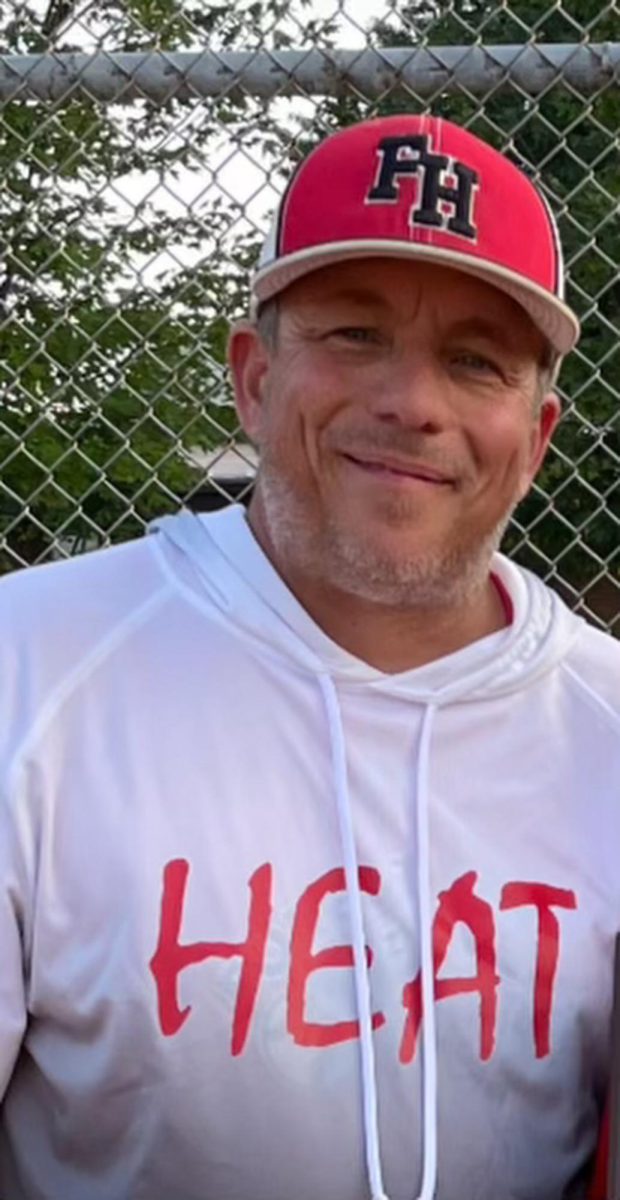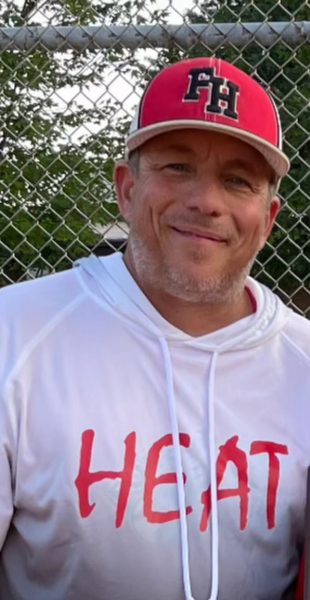One man who filled the world with so much joy, filled with so much pain. Robin Williams died on August 11, 2014 due to asphyxia or suicide by hanging. America’s tears were felt on this tragic day.
American celebrity actor Mila Kunis said this about the late actor/comedian Williams “So many times you meet people they don’t impact you. You meet them and they’re gracious and they’re nice,” she told Esquire news, “and then there are sometimes when you meet somebody and they say one thing and for the rest of your life you carry that one thing and they don’t even know that they impacted your life.”
From “Good Will Hunting” in 1997 to “Happy Feet” in 2006 Williams has always had the nation cracking up, but couldn’t fill his own heart with happiness, committing suicide in his home in “paradise”, Paradise Cay, California.
The country didn’t see it coming; a man who was always laughing could not possibly commit suicide.
“A suicidal person may not ask for help, but that doesn’t mean that help isn’t wanted.” (helpguide.org). How can you stop someone from committing suicide, or how do you even know that someone is hurting?
Talking about suicide, seeking out lethal means, preoccupation with death, no hope for the future, self-loathing, self-hatred, getting affairs in order, saying goodbye, withdrawing from others, self-destructive behavior, and sudden sense of calm are all signs of potential self-harm, according to helpguide.net.
The World Health Organization reports the 34,000 people commit suicide each year, which amounts to about one death every 15 minutes and almost twice as many deaths as homicide. The organization also predicts that by 2030 depression will “outpace” leading causes of death and disability such as cancer and strokes.
Help is always available to people battling depression and thinking about self-harm. 1-800-273-TALK (8255) is the number for the national suicide hotline and 1-800-999-9999 is the number for the suicide and depression crisis hotline. Health centers at major universities will offer help and even emergency rooms at any hospital will take response to emotional crisis’s. The CDC reports that 1 in every 10 Americans report depression but two thirds of Americans battling depression seek help.











